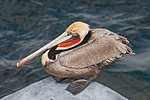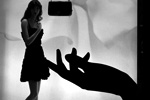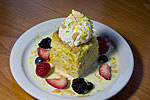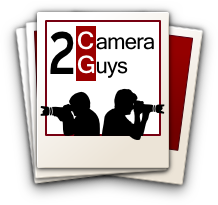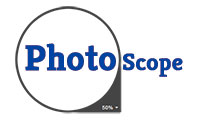Nikon D800 vs Canon 5D Mark III
- The Shootout
- Nikon D800 Review
- Canon 5D Mark III Review
Nikon D800/D800E
vs
Canon 5D Mark III
Shootout
vs
Canon 5D Mark III
Shootout
The Nikon D800, with its chart-busting 36MP sensor, and the Canon 5D Mark III, which updates the very popular Mark II, are the most anticipated professional/enthusiast camera releases in 2012.
Buying a camera like the Canon 5D Mark III or the Nikon D800 requires a commitment financially (the D800 body is $3000 and the 5D runs five Benjamins more) and physically (lugging the over two pound [without lens] 5D all day demands Popeye-sized forearms).
Beyond those rather mundane considerations, to achieve the most out of your relationship with either of these feature-rich, high performance DSLR cameras, you should be prepared to put in the time, effort and creativity that these photographic instruments deserve. If you do, you will be well rewarded.
With that preamble, let's get straight to the question, which camera should you commit to? As always, the answer is not straightforward. And as much as I have come to like and respect the Canon 5D, I lean towards the Nikon D800.
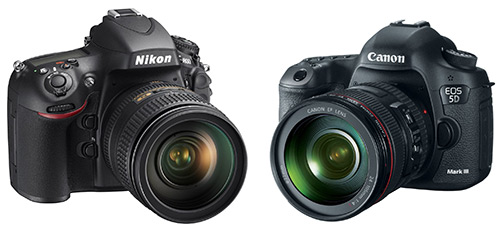
But part of the financial commitment that you will make is just not the cost of the camera body. For both the 5D and the D800 to reach their full image quality potential, they need high quality lenses, and a full complement of prime glass can cost much more than the bodies.
If you have already invested in precision Canon lenses, then stay with team Canon. You will be well served with the 5D. This Mark III compares favorably with the D800 and even performs better at very high ISOs.
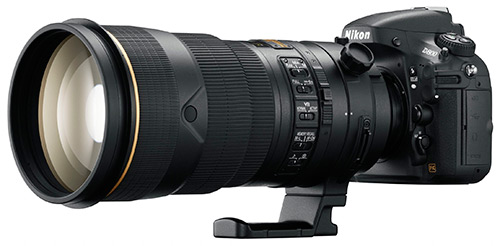
Even though the Nikon D800's 36MP full frame sensor, (compared to the 5D's 22MP), is not the final arbiter in this debate, the camera can deliver stunning detail. And the $500 you save when buying the D800 instead of the 5D Mark III is significant enough to give the Nikon the slight edge over the Canon.
If you go to the PhotoScope comparison of the two cameras (at ISO 200) and move the Scope (at 100%) over the upper left edge of the yellow tennis ball, you will notice more fiber detail in the Nikon D800 shot. Even more evident is the more defined texture on the red and white striped cloth.
(Editor's note: Nikon has produced two versions of their 36MP DSLR, the D800 and the D800E. Their bodies and operation are identical but in the D800E, Nikon has neutralized the effect of the integrated anti-aliasing filter. This filter, which is common in DSLRs, reduces moiré patterning. By doing so, it slightly blurs the image.
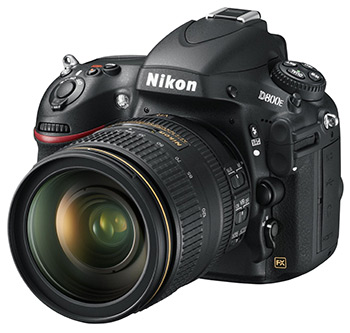
Therefore, the D800E, which retails for $300 more than its brother, produces slightly higher image quality marks, but also tends to exhibit a bit more moiré patterning. This review can apply to both cameras. It will be noted when they differ.)
You can see a side-by-side comparison of the specs and features of the Canon 5D Mark III and the Nikon D800 here.
Reader Comments(4 comments)
|
Posted Mar 27, 2013 9:43:38 PM
|
|
By Amit Dhamija |
Post a Comment Alert Moderator |
|
Posted Oct 5, 2012 4:17:55 AM
|
|
By kayati |
Post a Comment Alert Moderator |
|
Posted Jul 29, 2012 5:53:25 PM
|
|
By The not so CanNik guy |
Post a Comment Alert Moderator |
Look at the d4 or d3s, both have 16 and 12mp respectively. D800 has 36mp so there isn't really a need for that many pixels. Drop it down to DX mode With grip and you get 6fps. Most sports require a long zoom anyways so you still get 16mp added x1.5 zoom @ the same lens speed. Eg. 70-200 f2.8 becomes 105-300 f2.8. If wider is needed just switch back to fullframe. That's how I took this camera to be.



